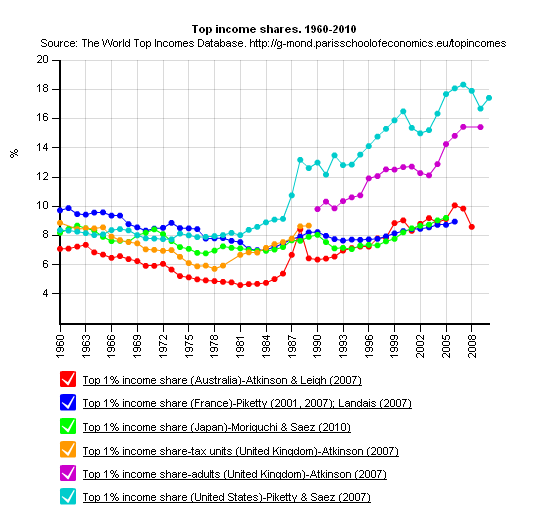Think those two don't go together? Prince Charles begs to differ:
Relatedly, notice that the Prince's right to privacy is the invoked protection against the government's disclosure of his tax information to a third party, i.e., a party other than the government itself. That right is, of course, what any UK taxpayer that also has US status will have to forego in order to fulfill the UK's FATCA obligations. No official secrets act protection in that case--just the data privacy act, which the UK has said only requires UK financial institutions to inform (not obtain consent from) their customers whose information they will disclose to the US.
Prince Charles has used the Human Rights Act and the Official Secrets Act to block revelations about his tax affairs – even though Her Majesty’s Revenue and Customs has said the disclosure would be in the public interest.
The move follows a bid to uncover the secret arrangements which allow the Prince of Wales to avoid paying tax on the Duchy of Cornwall, his vast estates which generated £18 million profit last year.
The test case centres on a request by an academic who has asked to see correspondence between the Duchy of Cornwall and HMRC.
But the Government and the Duchy of Cornwall have refused to agree to the release of the documents because the disclosure would breach Charles’s right to privacy. They also say the information is protected by the Official Secrets Act.
John Kirkhope, an expert on trusts law from Weston-super-Mare, Somerset, is trying to use the Freedom of Information Act to uncover how HMRC came to grant the Duchy a tax exemption which is estimated to have been worth millions of pounds over the past century.The issue here is the right of the public to know what the treasury already knows. A spokesman for Prince Charles said "The Duchy is not a company and is not therefore liable to pay corporation tax." That is completely irrelevant. What is being asked here is not whether tax has been levied and if not why not, but whether the public has a right to know whether tax is being levied, and if not, why not. That is a transparency question, the kind that animates EITI& CBCR. Of course, neither of these regimes would extend to the Duchy, since its not a public corporation.
Relatedly, notice that the Prince's right to privacy is the invoked protection against the government's disclosure of his tax information to a third party, i.e., a party other than the government itself. That right is, of course, what any UK taxpayer that also has US status will have to forego in order to fulfill the UK's FATCA obligations. No official secrets act protection in that case--just the data privacy act, which the UK has said only requires UK financial institutions to inform (not obtain consent from) their customers whose information they will disclose to the US.



